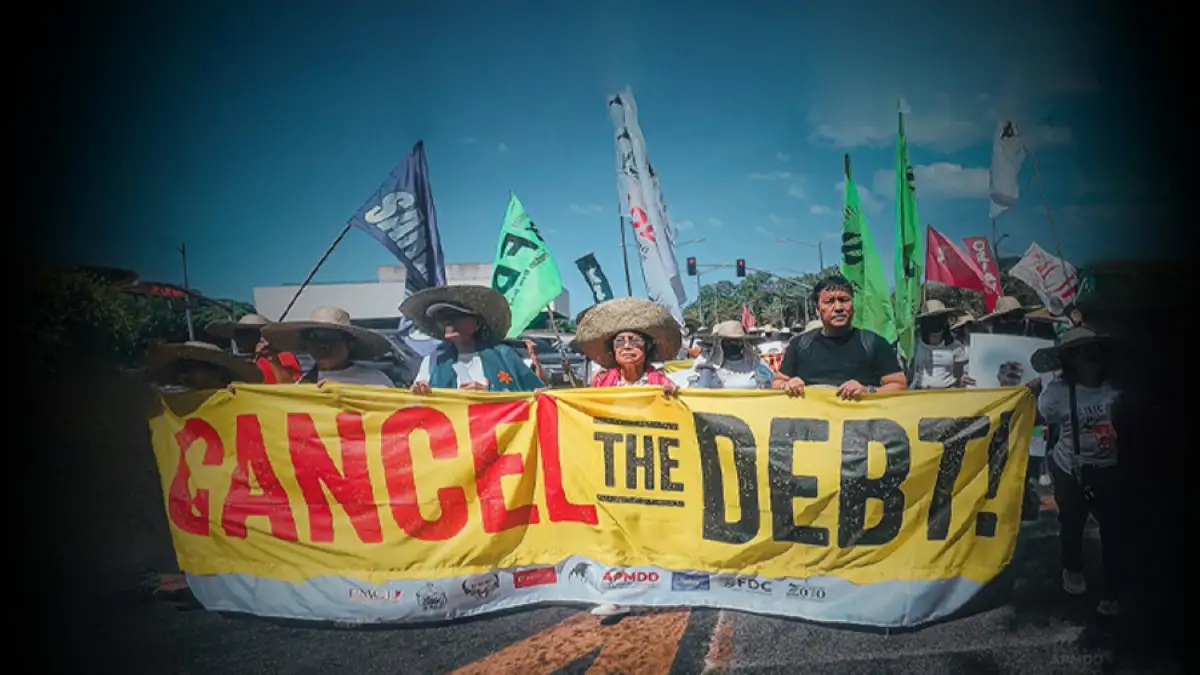
For many Catholics around the world, Jubilee 2025 represents not only a call to spiritual renewal, but a profound rallying cry for economic and ecological justice.
This Jubilee year, Catholics unite in solidarity with those suffering in debt-distressed nations to demand a global debt system that protects human and environmental rights and enables, rather than obstructs, development.
Report summary
Today, 54 countries are in debt crisis, with devastating impacts on people’s lives and livelihoods.
This paper identifies the structural causes of reoccurring debt crises and highlights their impacts on the world’s poorest communities.
It outlines why, following the historic success of the Jubilee 2000 debt campaign, the world once again faces an acute global debt crisis.
Finally, it charts a course for transformative change, recommending the following policies to advance a fair and functional debt system:
Introduce debt justice legislation that compels private creditors to offer timely and adequate debt relief to countries in crisis.
Reform the International Monetary Fund to centre human rights and development needs in debt assessments and end harmful policy conditions.
Establish a public global debt registry so that all lenders and borrowing
governments can be held accountable.Establish automatic mechanisms for the cancellation of debt payments following catastrophic events and upon application for debt relief.
Include all lenders in debt relief on fair and comparable terms, including
private and multilateral lenders.Create a new, comprehensive sovereign debt framework that fairly represents both debtor and creditor countries, likely under the auspices of the United Nations.

Call for debt justice in the Jubilee Year
In the Jubilee Year 2025, people across the world are uniting in solidarity to demand action on the global debt crisis.

